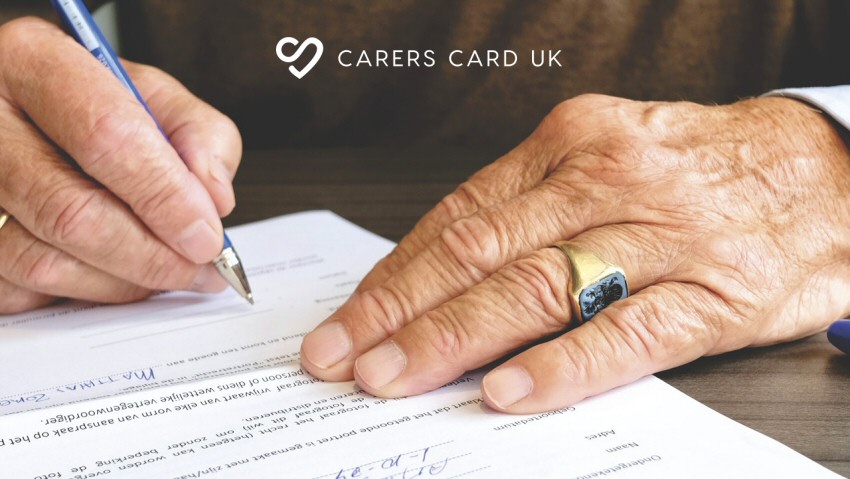The lasting power of attorney and the role it plays when caring for a loved one?
The Lasting Power of Attorney (LPA) is a legal document in the United Kingdom that allows an individual (the donor) to appoint one or more persons (the attorneys) to make decisions on their behalf in the event that they are unable to make decisions independently due to mental or physical incapacity.

The LPA has two main types:
Health and Welfare LPA
This type of LPA grants the attorney(s) the authority to make decisions about the donor's healthcare, medical treatment, living arrangements, and other welfare-related matters.Property and Financial Affairs LPA
This type of LPA authorises the attorney(s) to handle the donor's financial and property-related matters, such as managing bank accounts, paying bills, selling or buying property, and handling investments.When caring for a loved one, the LPA plays a crucial role in ensuring that their best interests are protected and that decisions can be made on their behalf when they are no longer able to do so. Here are some key points to consider:
Decision-making authority
With a valid LPA in place, the appointed attorney(s) have the legal authority to make decisions in accordance with the donor's wishes and best interests. This can include important healthcare decisions, financial management, and other matters that may arise.Continuity of care
The LPA helps ensure continuity of care for the loved one. If they become incapacitated, the appointed attorney(s) can step in to make decisions promptly and effectively, without the need for lengthy legal proceedings.Personal preferences
The LPA allows the donor to specify their preferences and instructions regarding their care, treatment, and financial matters. This helps guide the attorney(s) in making decisions that align with the donor's known wishes and values.Legal protection
The LPA provides a legal framework that protects the donor's interests and prevents unauthorised individuals from making decisions on their behalf. It offers transparency and accountability, as attorneys have a legal duty to act in the best interests of the donor.Peace of mind
Having an LPA in place can bring peace of mind to both the donor and their loved ones, as it ensures that someone trusted and knowledgeable is authorised to handle important matters when the donor is unable to do so.It's important to note that creating an LPA requires the donor to have mental capacity at the time of its creation. It is recommended to seek legal advice and assistance when setting up an LPA to ensure that the document is properly [redacted]d and tailored to the specific needs and circumstances of the donor. The LPA is a valuable legal tool that empowers individuals to plan for the future and ensure their wishes are respected when they are unable to make decisions independently.
Posted: 20/05/2024
